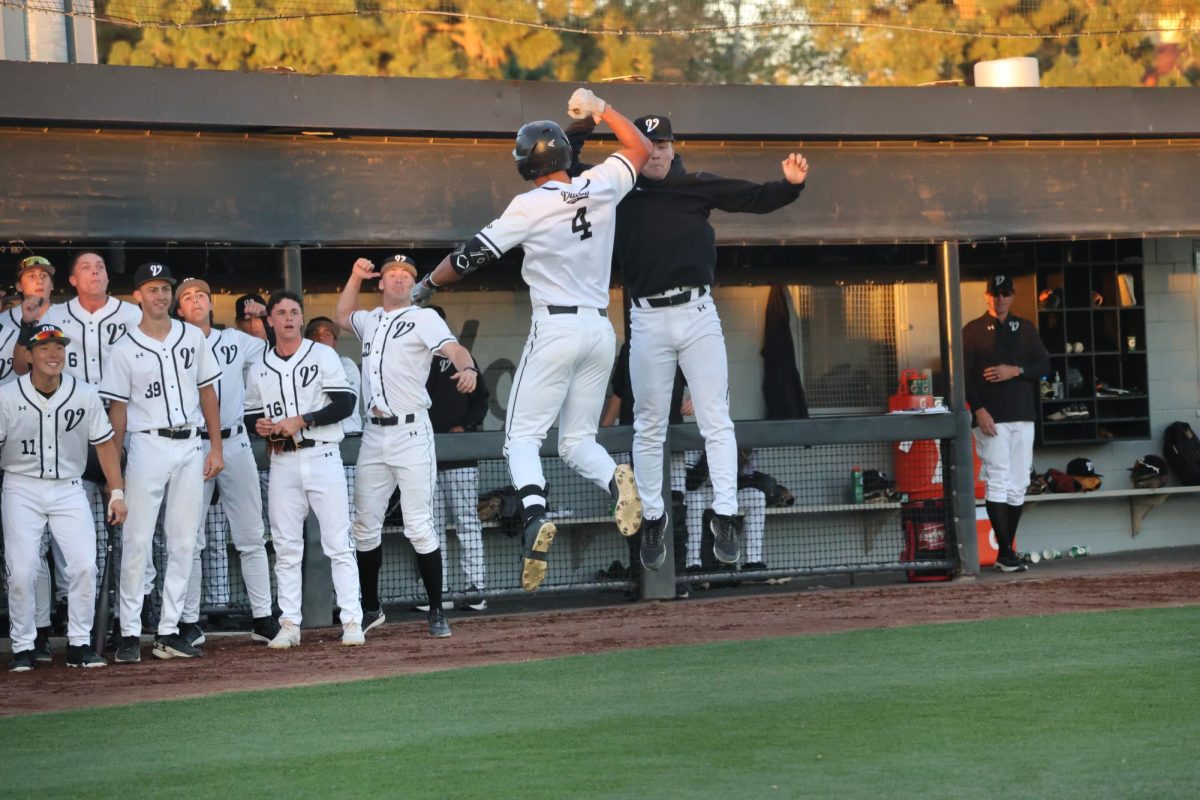
With 15 of 30 Major League Baseball teams having their spring training in Arizona, the state that passed a bill last year that allows police officers who have stopped somebody for an infraction to ask for proof of legal residence if there is reasonable suspicion the person is an illegal immigrant, some teams have taken precautions to ensure their Latino players are prepared if the situation arises.
The Milwaukee Brewers have issued their players identification cards with their photo and information on how to contact Brewer officials if authorities question why the player is in Arizona.
The Cleveland Indians held a seminar to inform their Latino players about the law and even brought in an Arizona police officer to explain how SB 1070 works. The Indians also provided identification cards so the players wouldn’t have to carry their visas and other paperwork around.
It’s great that baseball is showing it cares for its Latin American players, who represent 28 percent of all MLB players, but providing seminars and identification cards isn’t enough.
The best way the MLB can show full support of its Latino players is by pulling the 2011 All-Star Game from Phoenix.
Many players have already gone on record saying they won’t show up to the midsummer classic if it’s played in Arizona.
“If the game is in Arizona, I will totally boycott,” said Milwaukee pitcher Yovani Gallardo, a native of Mexico, to the Associated Press.
“I’m opposed to it. How are you going to tell me that, me, being Hispanic, if you stop me and I don’t have my ID, you’re going to arrest me? That can’t be,” said Dominican-born first baseman Albert Pujols, a three-time National League MVP. Pujols became an American citizen in 2007.
Latin America has been beneficial for the MLB, helping turn the sport into a multi-billion dollar business. More than 50 years ago, Roberto Clemente and Juan Marichal were the only Latino players with Hall-of-Fame résumés in the big leagues. Fast-forward to today’s MLB All-Stars and most are mainly of Latino descent.
In the last 20 years there has been a 218 percent increase in Latino players in the majors, which in turn has drawn a larger Latino fan base. According to Fox News Latino, 62 percent of U.S. Latinos are MLB fans.
For many generations, baseball has taken advantage of Latino players by signing them at age 15 for low-paying contracts starting at $2,000, and MLB Commissioner Bud Selig still shows no signs of wanting to remove the All-Star game from the Grand Canyon State. It’s the least baseball can do to show appreciation for Latino players for what they’ve done for the sport.
Minnesota Twins catcher Justin Morneau, a native of Canada, has nothing to worry about if he decides to walk the streets of downtown Phoenix, but players like Hanley Ramirez of the Florida Marlins and Adrian Gonzalez of the Boston Red Sox do. Let’s be honest, their “reasonable suspicion” will be having brown skin and an accent.
What is Selig going to do if one of the game’s biggest stars, Pujols, forgets to bring his papers while getting stopped for a minor traffic violation and gets thrown in jail a day prior to the All-Star game? Or what if all the foreign-born players selected to the All-Star roster, which last year amounted to 26, decide to skip the event which decides what league gets home field advantage in the World Series? Is
Selig going to replace them with U.S. born players?
I bet Arizona politicians would love that.
Many argue that sports leagues shouldn’t interfere with politics, but sports have a big influence in our society. For example, Jackie Robinson, the first black player of the modern era, breaking the color barrier in baseball was crucial to end segregation in professional leagues and contributed a great deal to the Civil Rights Movement.
Arizona is no stranger to controversy when it comes to hosting a major sporting event.
The National Football League voted to remove Super Bowl XXVII from Arizona after the state refused to acknowledge Martin Luther King Day. Faced with the possibility of losing millions of dollars,
Arizona voters budged and changed their stance on the holiday, resulting in the NFL awarding the Super Bowl three years later.
The NFL understood its impact and forced Arizona to change its stance. Also, the NFL, which has a large number of African American athletes, knew it would be an awful public-relations move to host a Super Bowl in a state that didn’t support one of the major leaders of civil rights.
The MLB and Selig should take a page out of the NFL’s book and yank the 2011 All-Star Game from Arizona.





